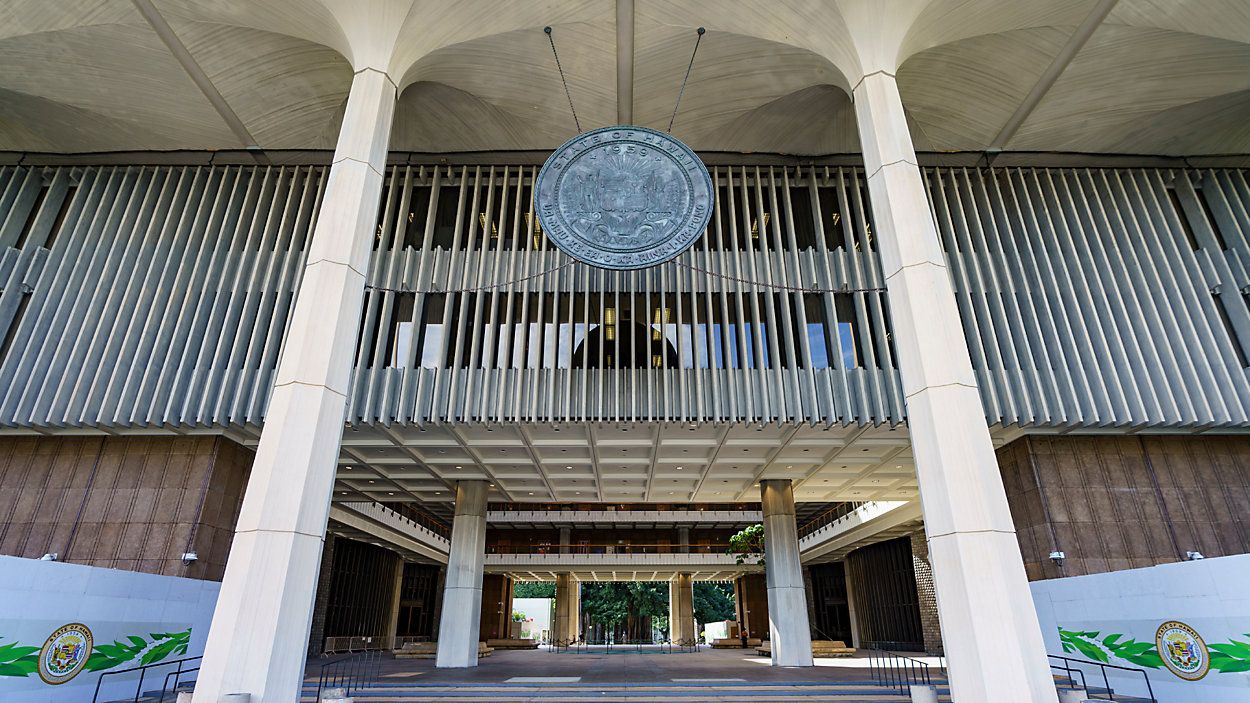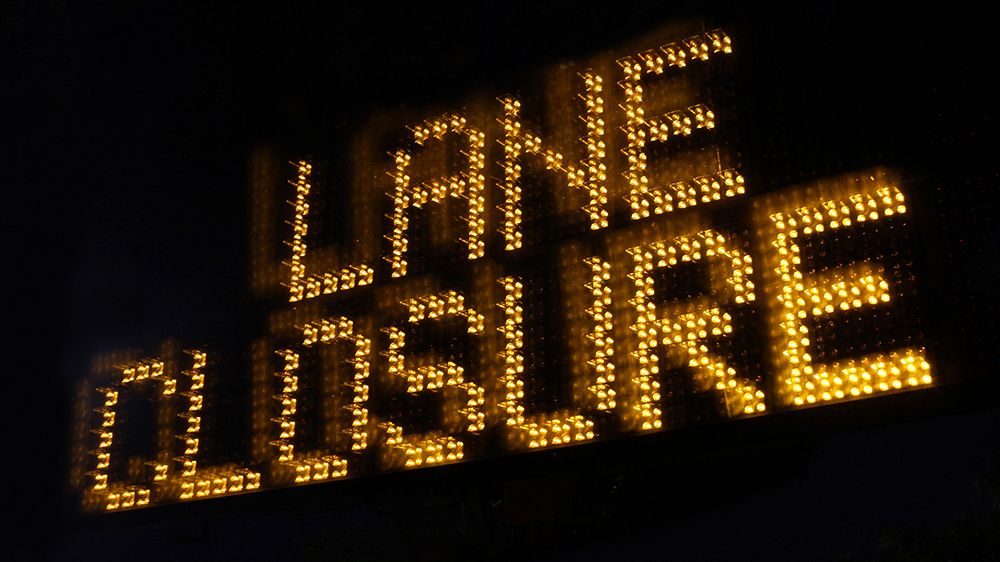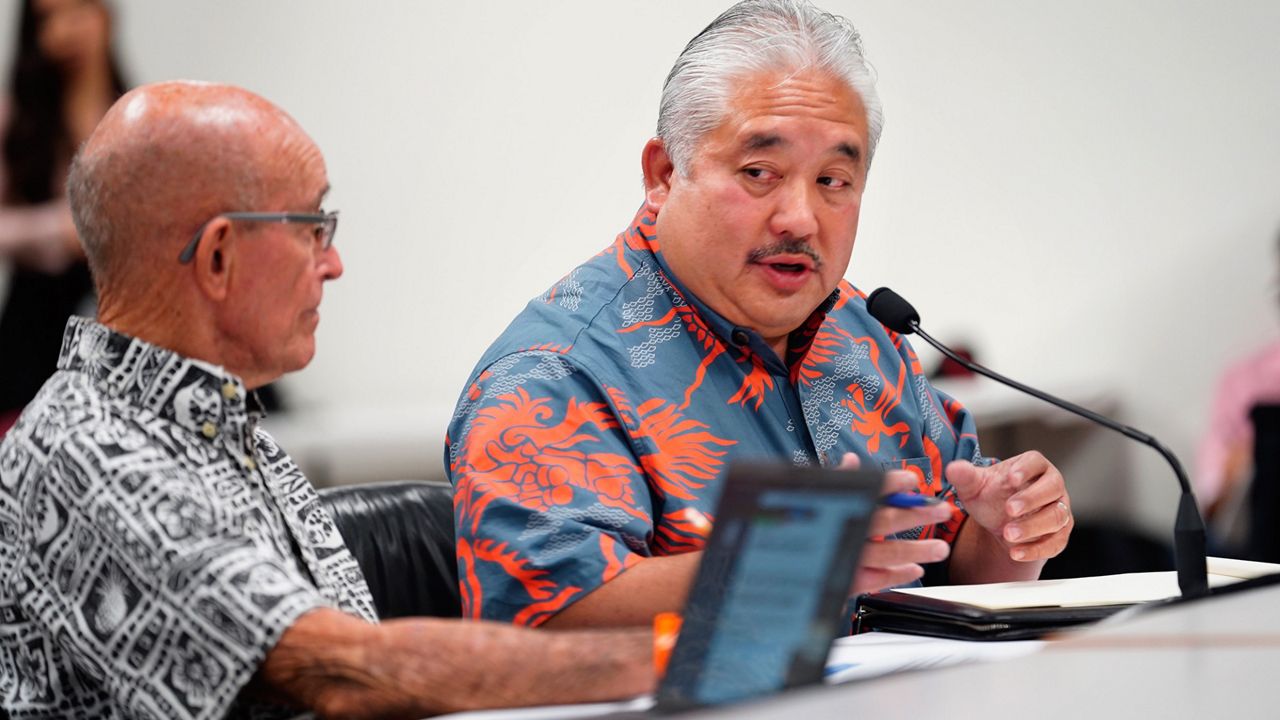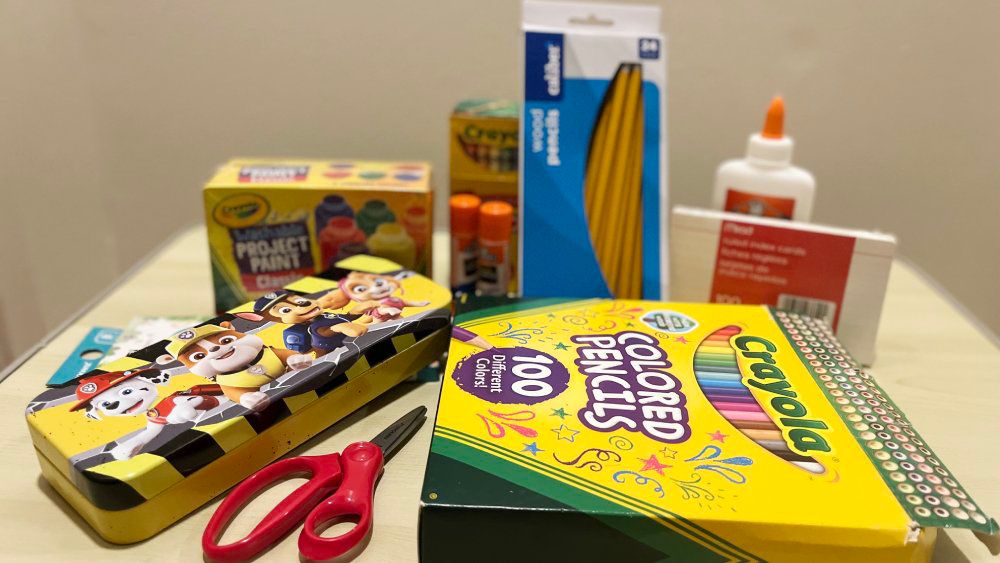HONOLULU — Margaret Murchie has heard quite enough.
Each night, cars with modified engines and high-power motorcycles thunder by at all hours. Add to that the noise from competing street performers along the main corridors of Waikiki, which Murchie said reaches “painful, earsplitting” levels, and it’s all just too much.
Clerks can’t hear their customers. Valets have to wear earplugs. Residents three blocks away are kept awake. Murchie herself can do little but throw up her hands as tenants at her long-term rental condo leave to seek quieter accommodations outside of Waikiki.
Murchie and other concerned residents have worked with the police and City Council, even helping to pass a bill that, to their dismay, was deemed unenforceable by the mayor and city prosecutor.
But help may be coming.
On Tuesday, the state Senate Committee on Ways and Means passed a measure that calls on the state Department of Transportation to work with individual counties to develop a pilot program to use so-called noise-detection cameras to address excessive traffic noise in high-population areas.
The measure won’t affect those street performers that Murchie finds so vexing, but it could eventually lower the level of all that traffic noise.
Murchie was one of several Waikiki residents that testified in support of Senate Bill 588, which would apply to urban areas in counties with a population greater than 500,000.
“Please do something to quell the cacophony that riles up the mentally challenged and allows easy pickings for pickpockets on the crowded sidewalks,” Murchie said in written testimony to the committee.
The measure was previously recommended by the Senate Committee on Transportation and Culture and the Arts, which stated in its subsequent report to the Senate, “Excessively loud and unabated noises can result in physiological, psychological, and economic damage. Residents of the state are entitled to a healthy and peaceful environment free from noise pollution that may be hazardous to their health or welfare. Therefore, addressing noise pollution in Hawaii’s communities may alleviate some issues experienced by residents.”
SB 588 would potentially address an area not currently covered by the DOT Highways Noise Policy and Abatement Guidelines, which evaluates traffic noise of three factors: volume of traffic, speed of traffic and the number of trucks in the flow of traffic.
As the department testified to the committee, the policy does not account for individual vehicle noise emission or detection.
“There is technology available to detect vehicle noise emission,” the department stated in written testimony. “Roadside sound meter and camera can provide evidence of vehicles emitting excessive noise. Once the preset noise threshold is triggered, the camera can capture video of the vehicle emitting the excessive noise. This will help to law enforcement to take actions.”
Honolulu City Council chair Tommy Waters also wrote in support of the measure.
“My support for this measure is specific to improving the quality of life for residents who live in areas where ‘car races’ happen at various times of the day,” Waters wrote. “Car races are when a group of cars will meet at a location with a clear strip of a mile or more to race and the cars are specialized with various high-performance accelerators and accessories; in particular, enhanced head pipes that create loud exhaust noise. Additionally, these races happen at various times of the day which can startle and disrupt sleeping schedule for residents in the nearby vicinity.”
Testifier Cathy Goeggel also argued for the need to crack down on excessive traffic noise.
“The constant noise assaulting our ears has made life miserable for those who live in metro Honolulu,” she said. “The only respite is perhaps between 2 a.m. and 4 a.m., when traffic on the freeway dissipates — and then comes roaring back. Motorcycles and cars that are modified to make them louder and rev their engines at stoplights are a constant interruption to my life.”
The measure next returns to the House floor for a vote on the third reading.
Michael Tsai covers local and state politics for Spectrum News Hawaii.









